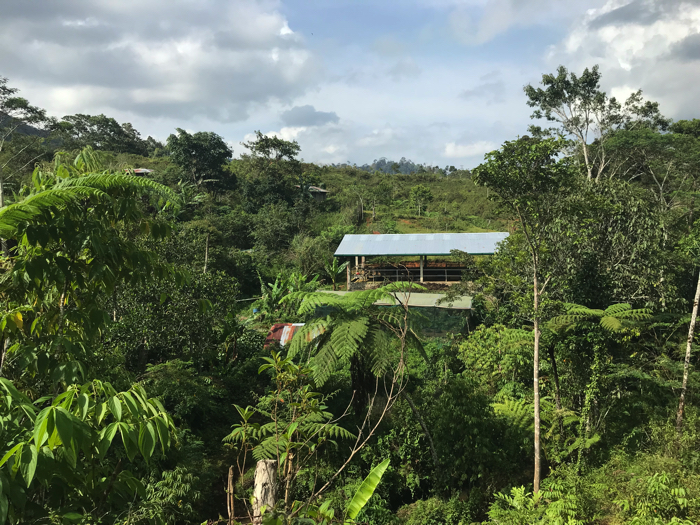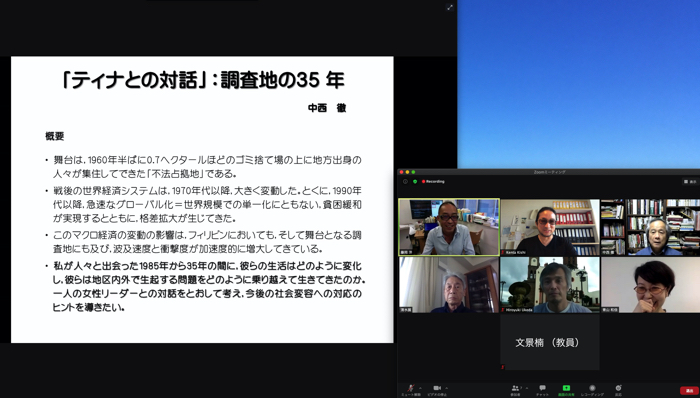- Project Leader : Aoyama Waka (The University of Tokyo, Institute for Advanced Studies on Asia)
- Collaborators : Nakanishi Toru (The University of Tokyo, Graduate School of Arts and Sciences)
- : Kishi Kenta (Akita University of Art, Graduate School of Transdisciplinary Arts)
- : Fujioka Hiroshi (The University of Tokyo, Institute for Advanced Studies on Asia)
- : Moon Kyungnam (Tohoku Gakuin University, Faculty of Liberal Arts)
- : Shimizu Hiromu (Kansai University, Faculty of Policy Studies)
- : Mario Lopez (Kyoto University, Center for Southeast Asian Studies)
Outline of Research
This study explores the significance of organic agriculture to human welfare and regional community revitalization through collaboration with artists, digital archivists, and researchers in the humanities and social sciences, who will share their experiences in regional research. With this fiscal year’s Grants-in-Aid for Scientific Research program application in mind, each participant will search literature and related materials in the field. Through discussion among all members, we will seek a framework to examine the profitability of organic agriculture and its impacts on social relations and farmer culture. An organic farm in Davao City, Philippines, will be used as a reference case.
Description
The purpose of this study is to present an analytical framework for understanding the situation of individuals in the lower income brackets in developing countries. By applying this framework to organic agriculture, which has been seen as a small-scale activity conducted by individual farmers, we will propose an alternative symbiotic model as a potential survival strategy. This model is significant because it provides context to consider the problems faced by farmers amid the expansion of the market economy due to globalization. While this expansion has allowed many farmers to improve their financial wellbeing, it has also weakened their social relationships.
In the initial fiscal year’s plan, we intended to use a separate budget to provide a reference case through fieldwork on an organic farm in Davao City, Philippines. However, the Covid-19 pandemic has made this impossible. We therefore plan to develop our research for the final fiscal year and beyond through two study sessions over Zoom, and to the extent possible, hold a two-day, overnight group study session in Japan by the end of the fiscal year.
Therefore, we will revise our expected results and outcomes as follows. The first expectation is to confirm the “normative and empirical discussion on organic agriculture.” We will review the basic literature and present a new hypothesis after summarizing the issues that can be applied to the global south, especially Southeast Asia, as well as issues that should be readdressed. Second, we expect to confirm the benefits of humanities and social science researchers engaging in investigative research about organic agriculture from the perspectives of economics, anthropology, philosophy, art, and digital archiving. Third, through the above, we will define the specific content of the fieldwork that we plan to conduct on organic farms after the completion of this research project.
 An organic farm in Davao City (Seminar “Organic Farming: Why It Matters” on Zoom) |
 Seminar “A Dialogue with Tina” on Zoom |
